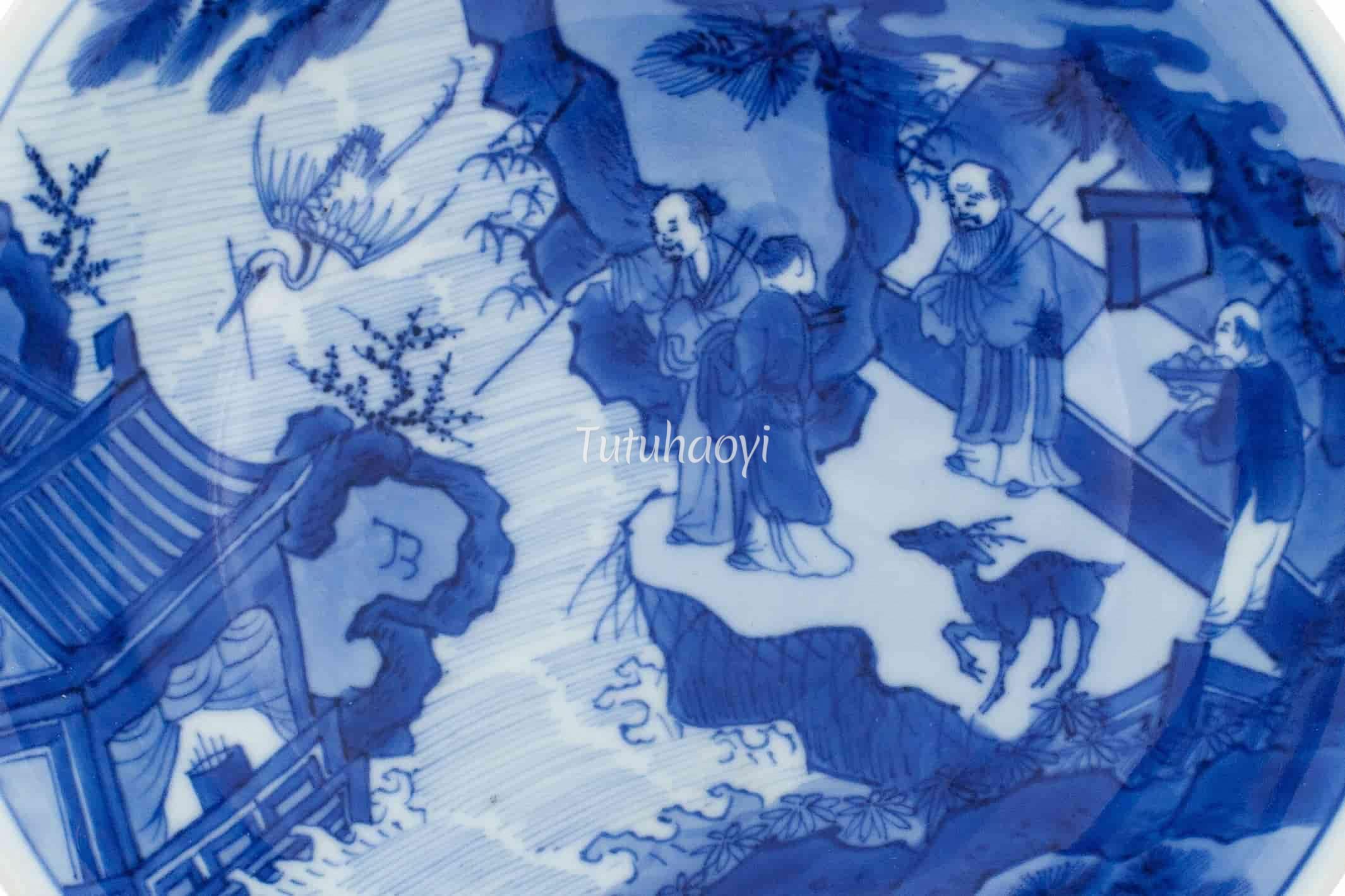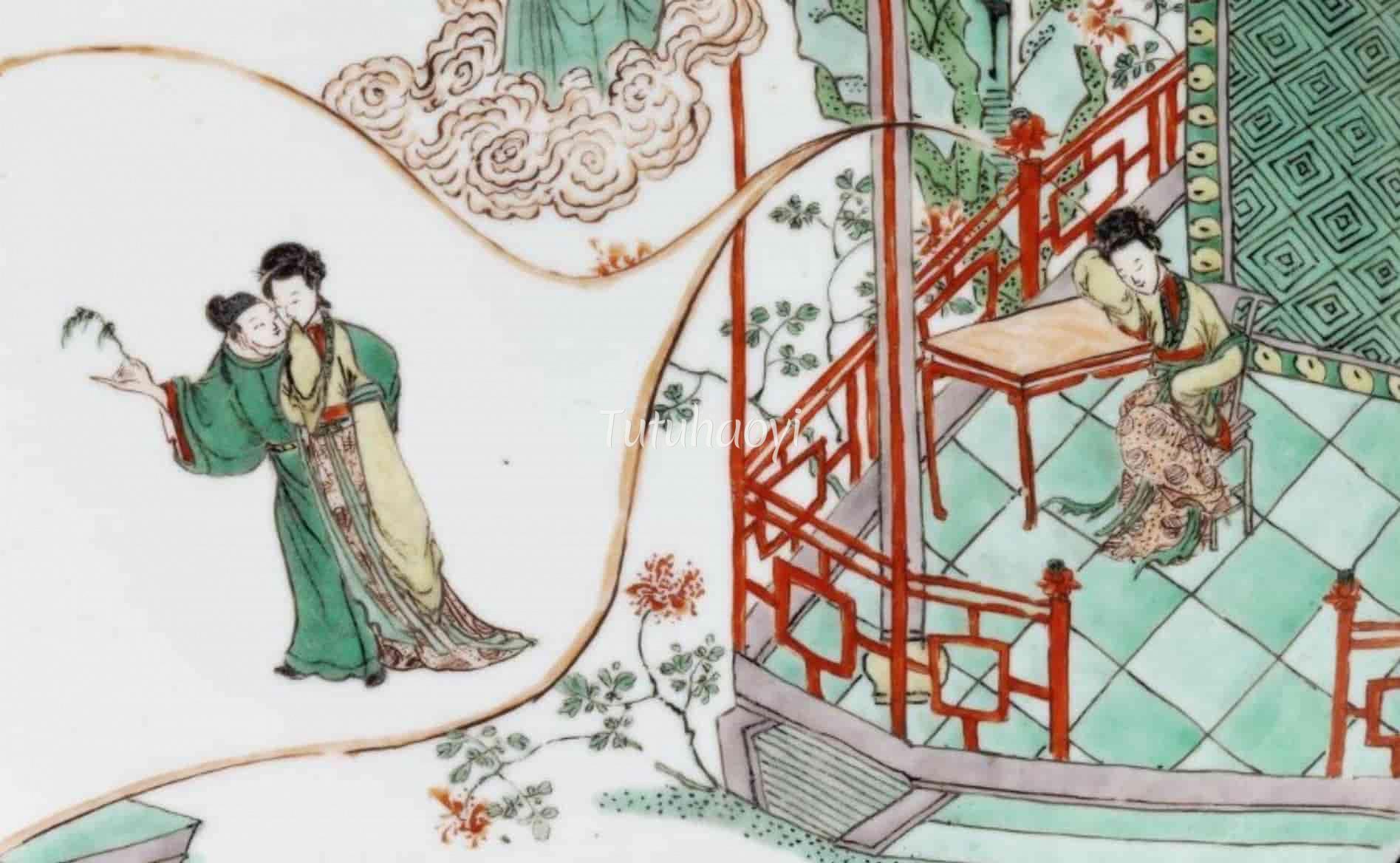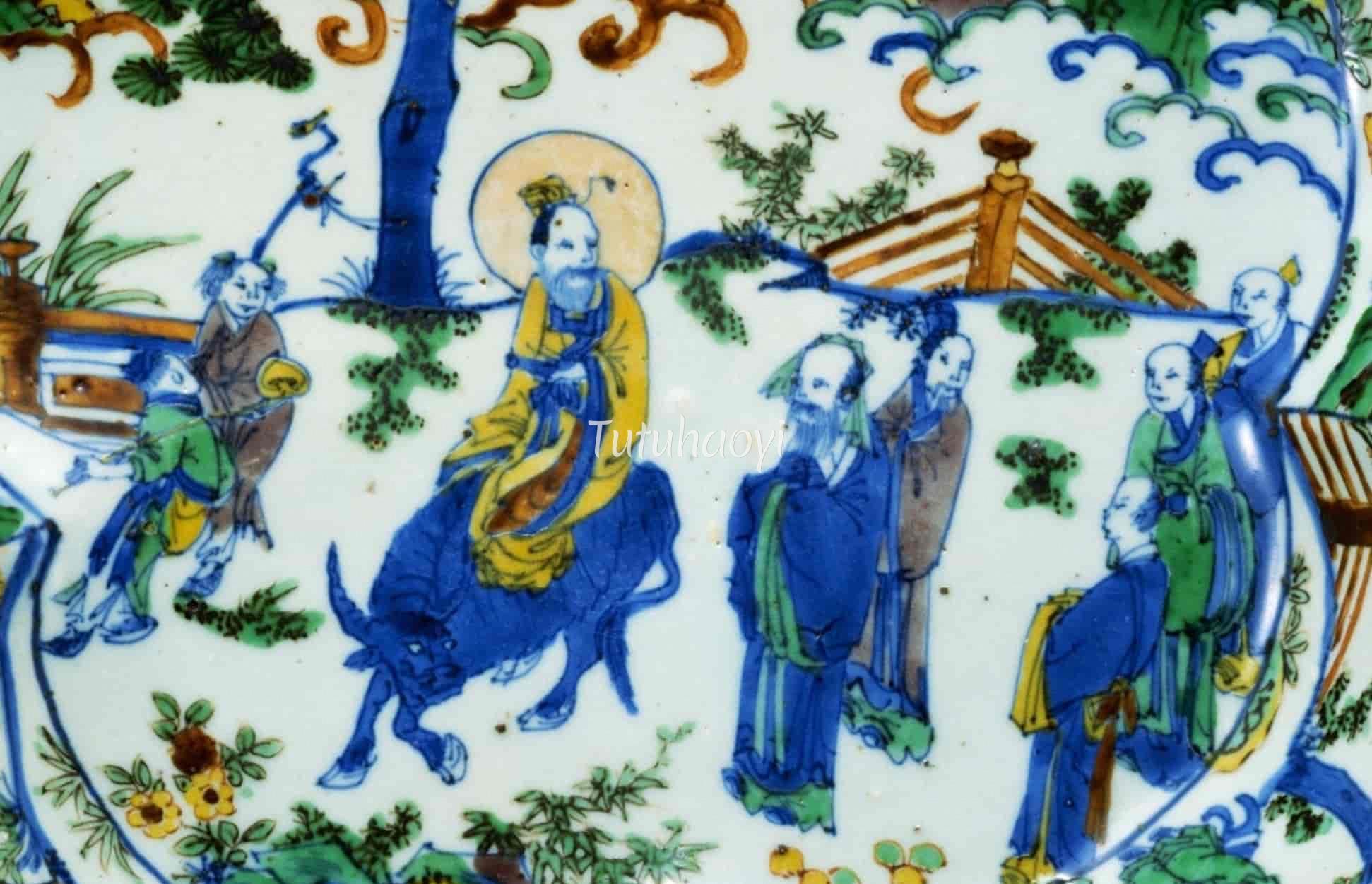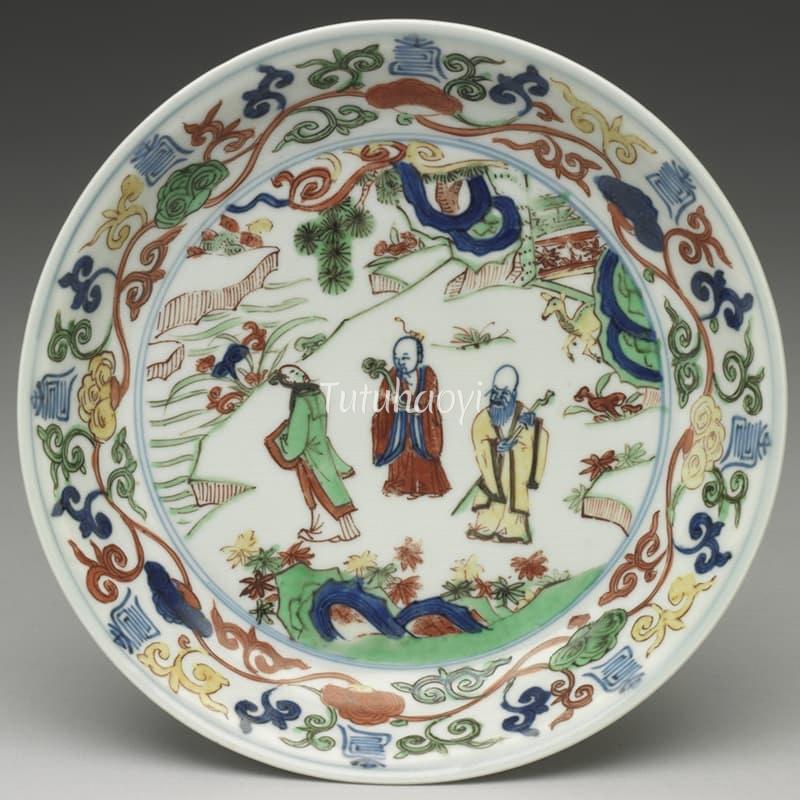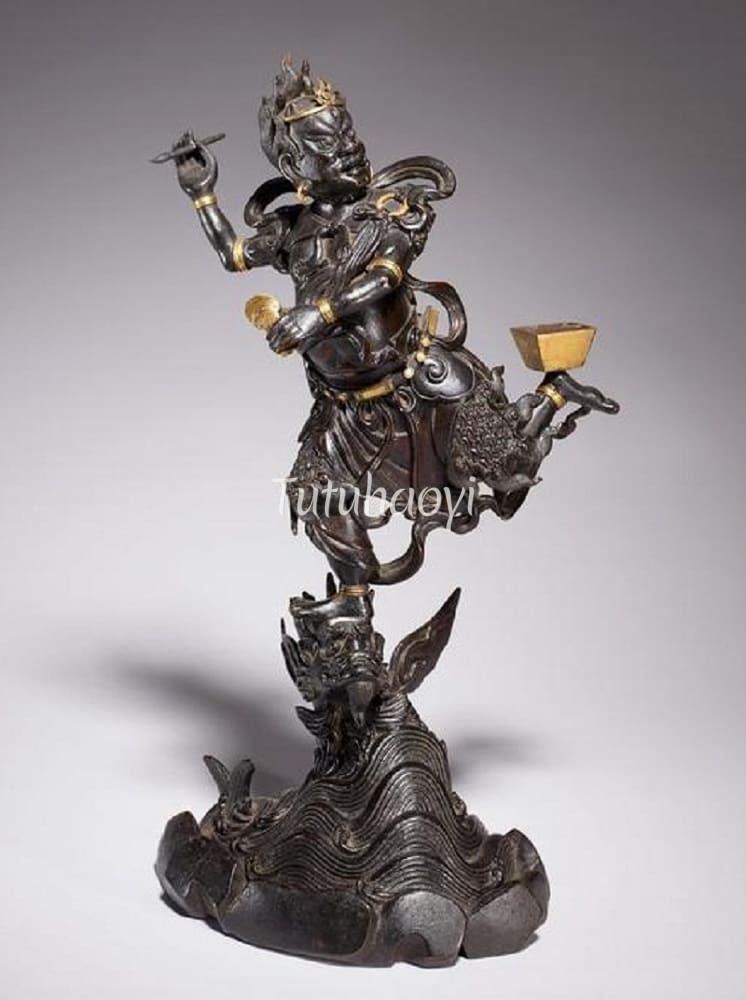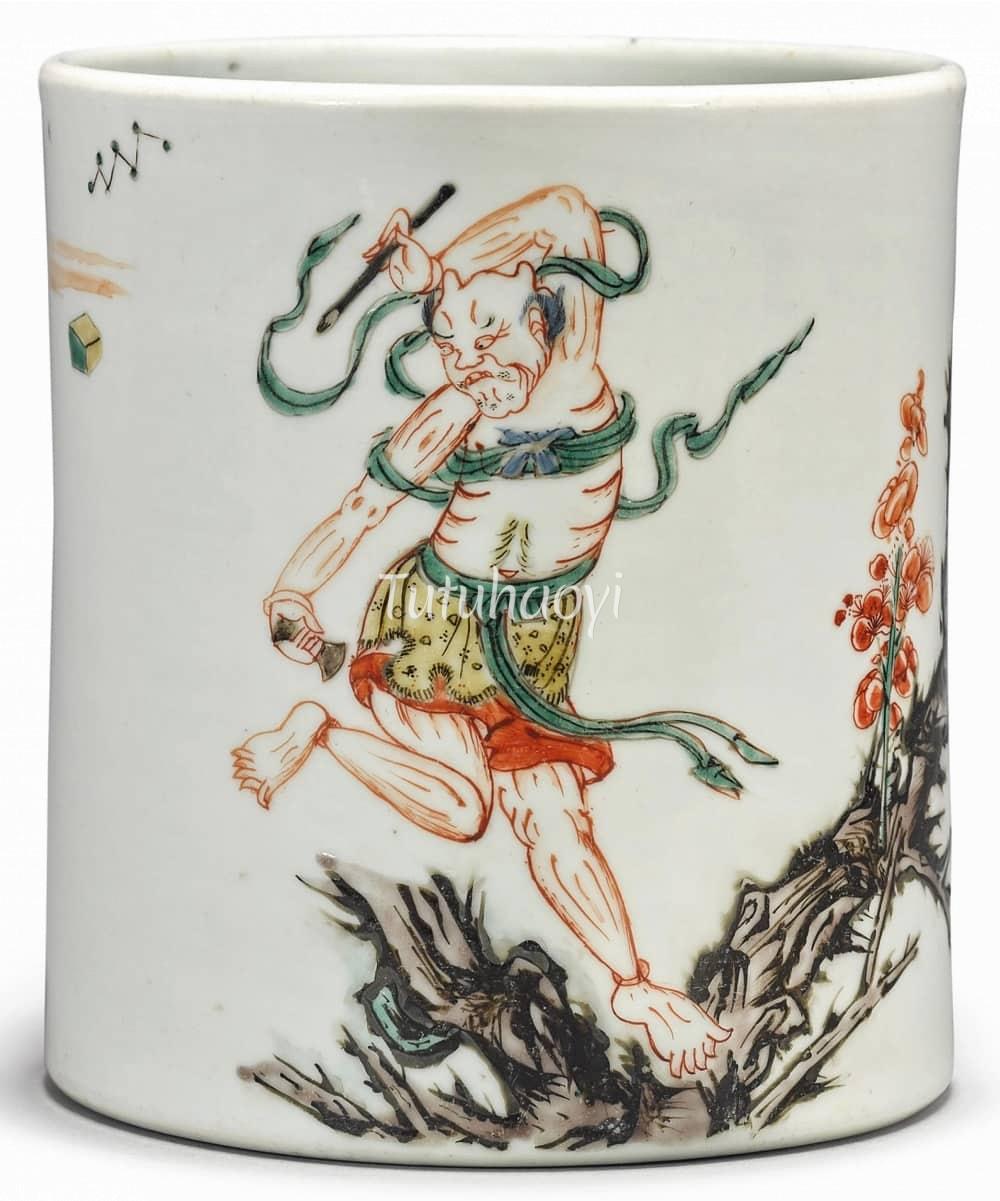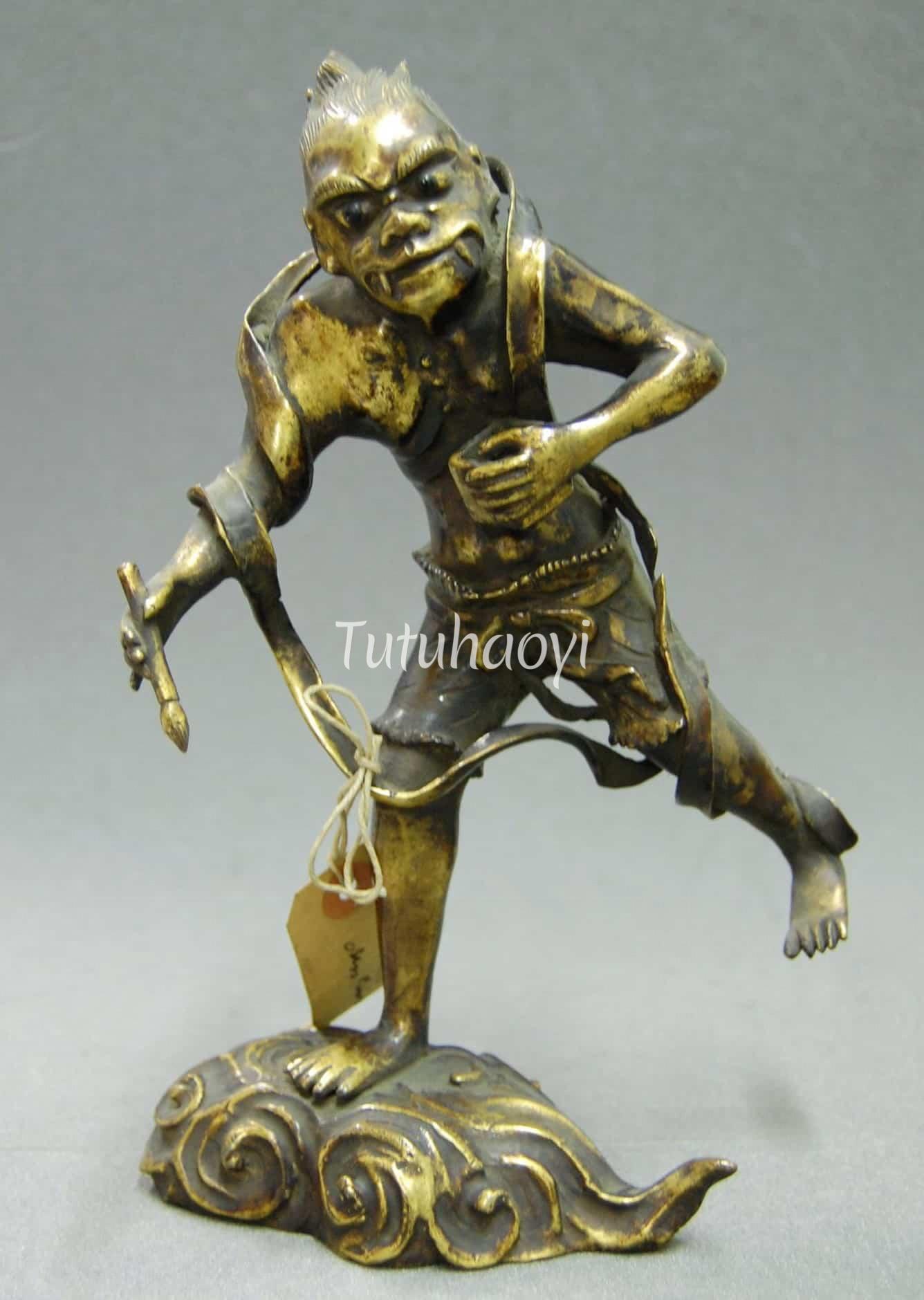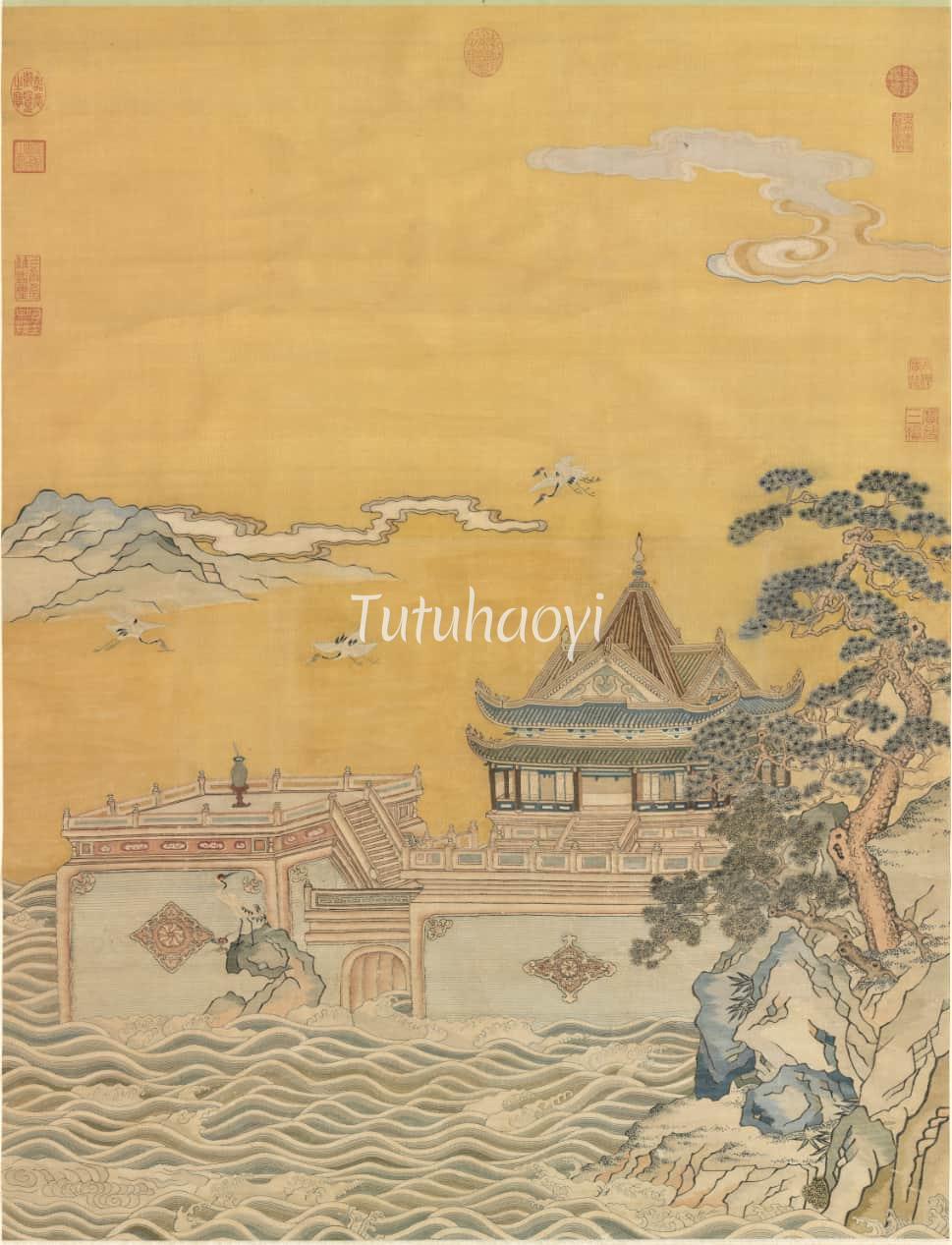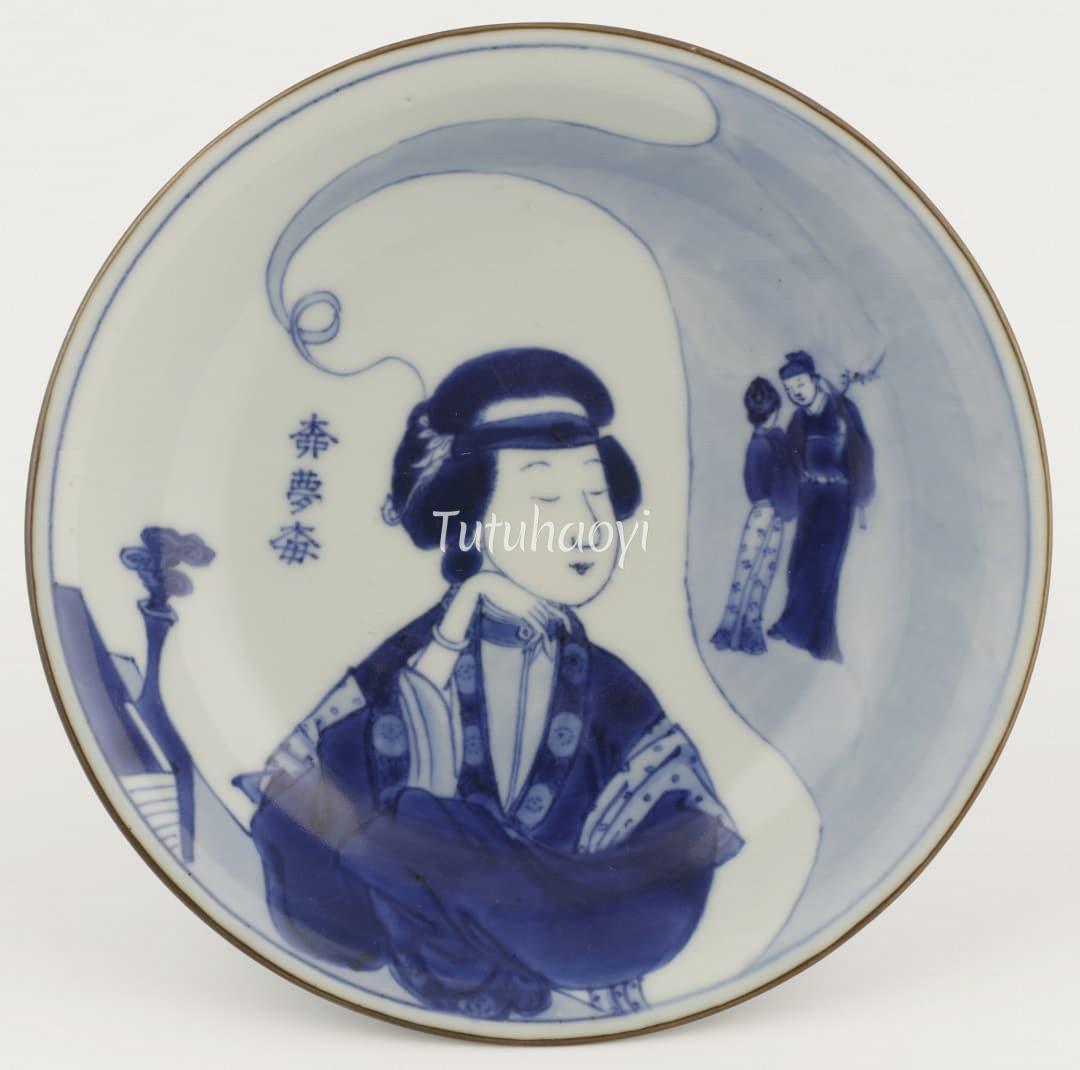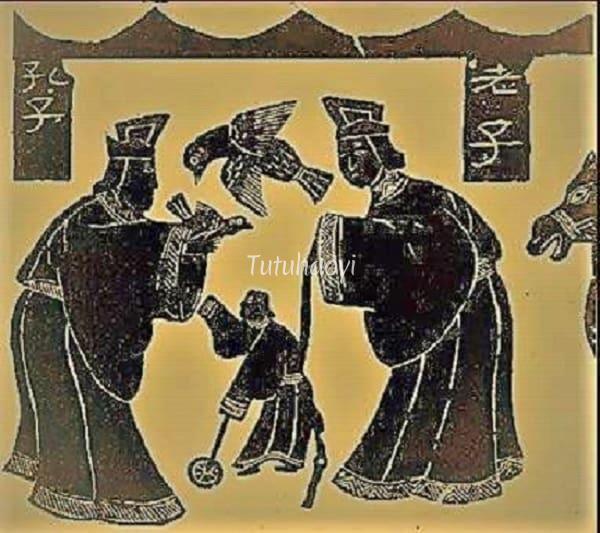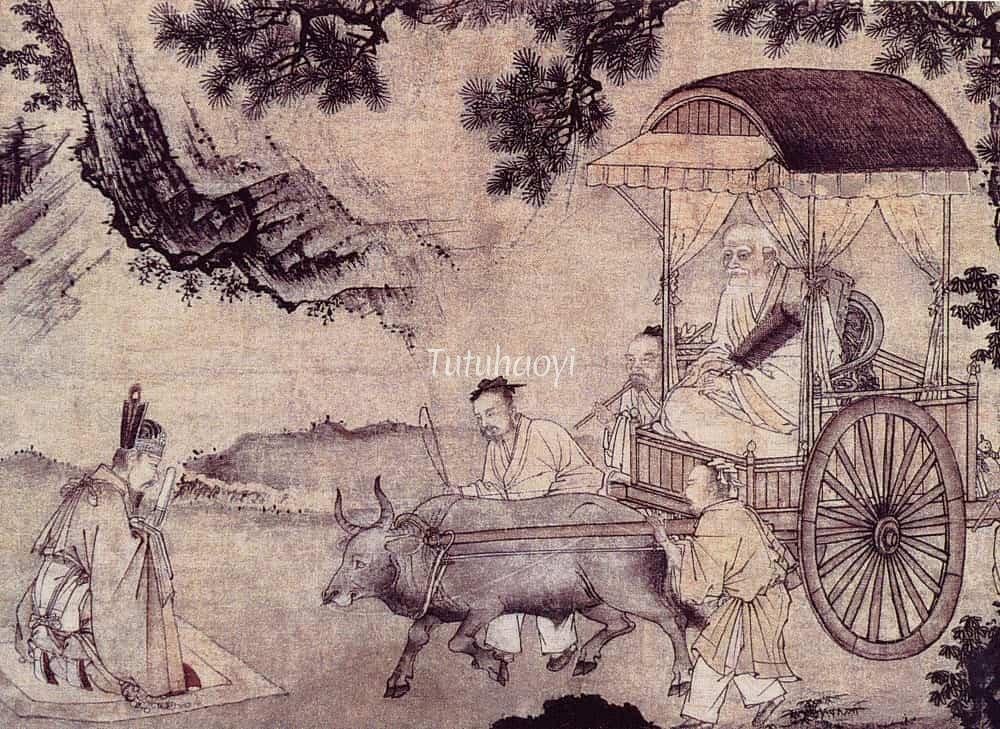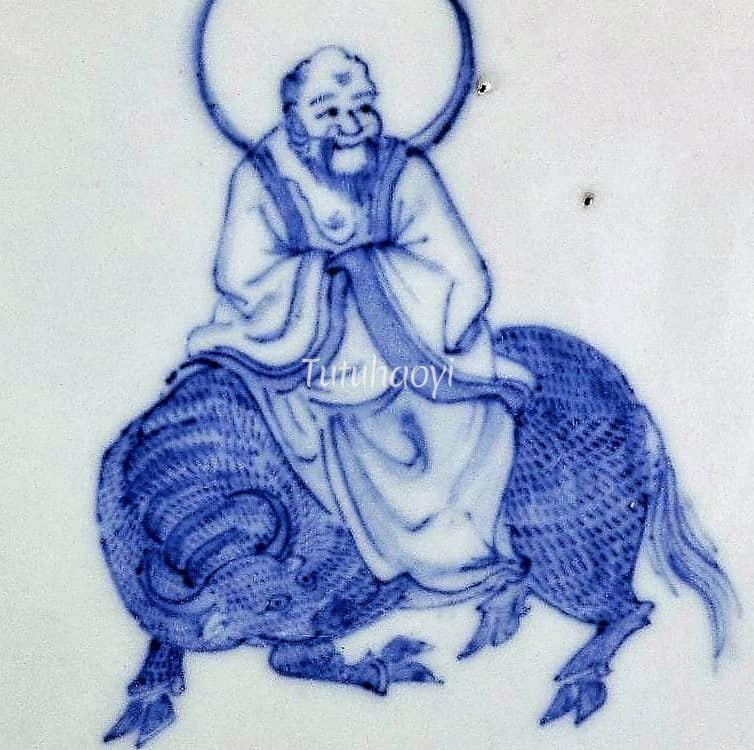Showing Results Containing
More often than not, traditional Chinese motifs or symbols are not receiving their deserved attention, being given simplistic or inadequate labels and inaccurate explanations in our museums, catalogues, or even scholarly writing. The treatment of ...
The Peony Pavilion is a famous play written by Tang Xianzu in Ming Dynasty. There are very few figural paintings depicting this play on Kangxi famille verte porcelain. Dr Yibin Ni first identified the figures and the scene on a porcelain dish in t...
Have you ever wondered why images of an old scholarly man riding a buffalo are often depicted on Chinese antiques? What is so special about this man who looks highly respected and followed by yet still sitting on a buffalo’s back? We hereby invite...
The figures of Three Star Gods are personified representation of Good Fortune, Prosperity, and
As the deity who grants success in the imperial examinations, Kui Xing 魁星 is revered as the God of Literature. The image of Kui Xing is often presented as a ...
The term ‘Kui Xing’ originally referred to the North Star (北斗 Bei Dou). As stated in the Historical Records by Sima Qian (司马迁 145BCE – ?) , ‘Kui is the first star of the Great Dipper constellation’. Therefore, Kui also carries the meaning of being the first.
Gu Yanwu (顾炎武 1613–1...
In this scene, there are several Chinese longevity symbols such as the
‘True love conquers all’ is the theme of the Peony Pavilion (牡丹亭 Mudan Ting), a musical play of fifty-five scenes written by Tang Xianzu (汤显祖, 1550–1616) in Ming...
Ancient literature shows that Laozi (老子, also known as Lao Tzu) served as the Keeper of the Imperial Archives of the Eastern Zhou court (东周, 770-258 BCE). He must have greatly benefited from the perk of the job – the easy access to the best stock of classics written on bamboo slips at the time and became s...
Laozi (Lao Tzu 老子) is a great ancient Chinese thinker, to whom a five-thousand-character book ‘Dao de jing 道德经’, or The Scripture of the Way and Virtue, has been attributed. He is regarded as the founder of philosophical Daoism (Taoism), daojia 道家, because of his profound insights to life and t...
Laozi (Lao Tzu 老子), literally ‘old teacher or master’, is the well-known name for a great ancient Chinese thinker, to whom a five-thousand-character book ‘Dao de jing 道德经’, or The Scripture of the Way and Virtue, has been attributed. He is regarded as the founder of philosophical Daoism (Taoism), da...
